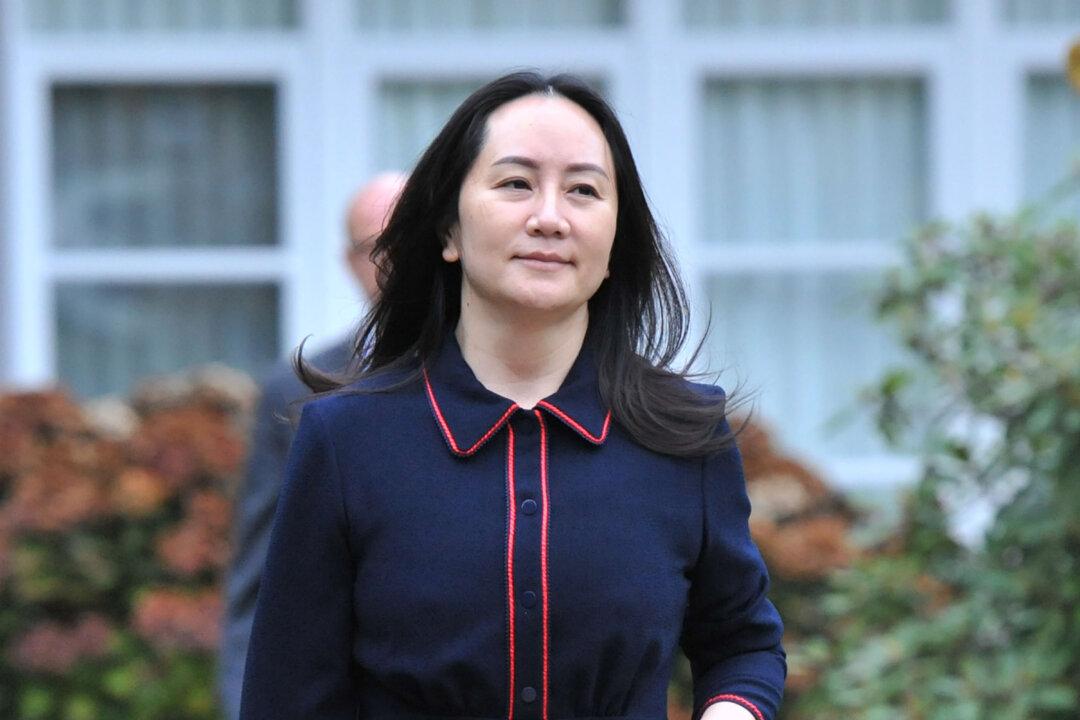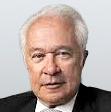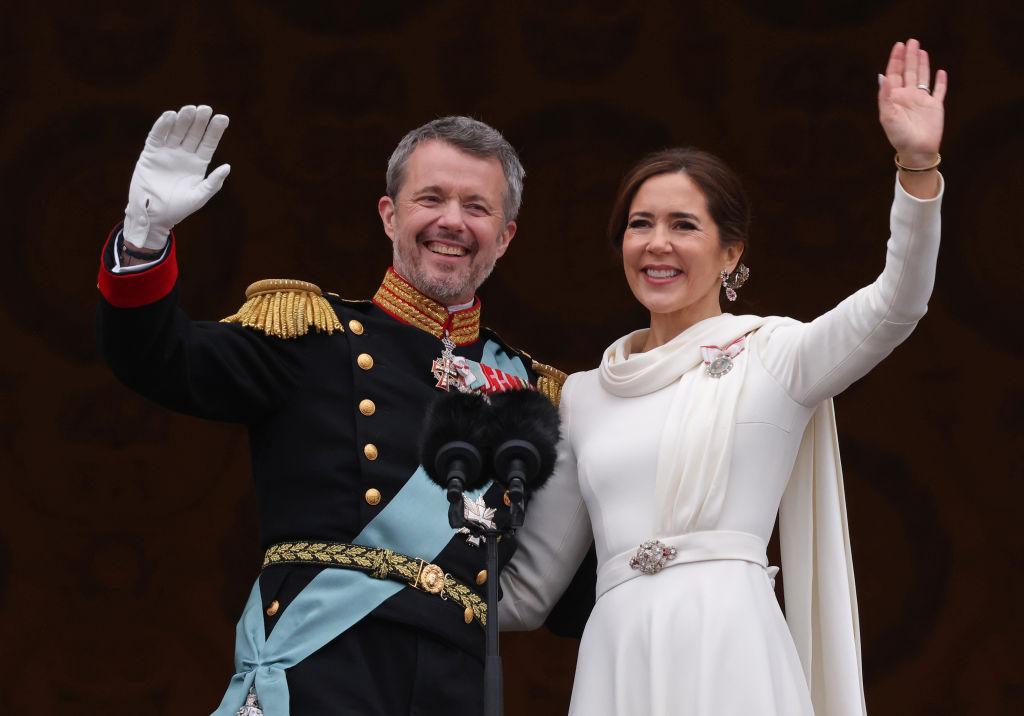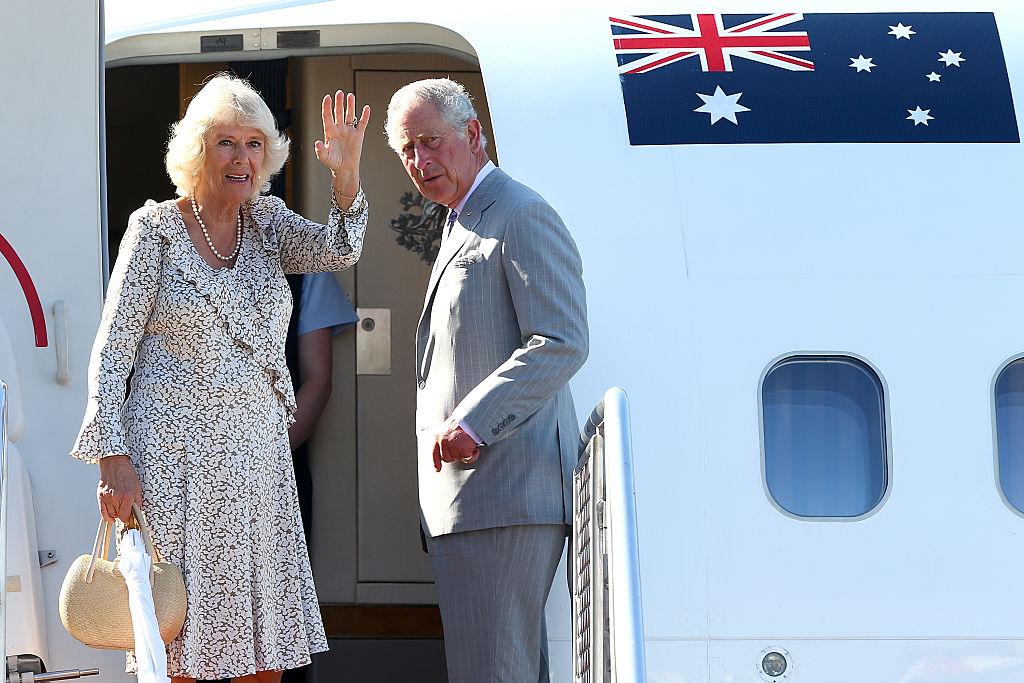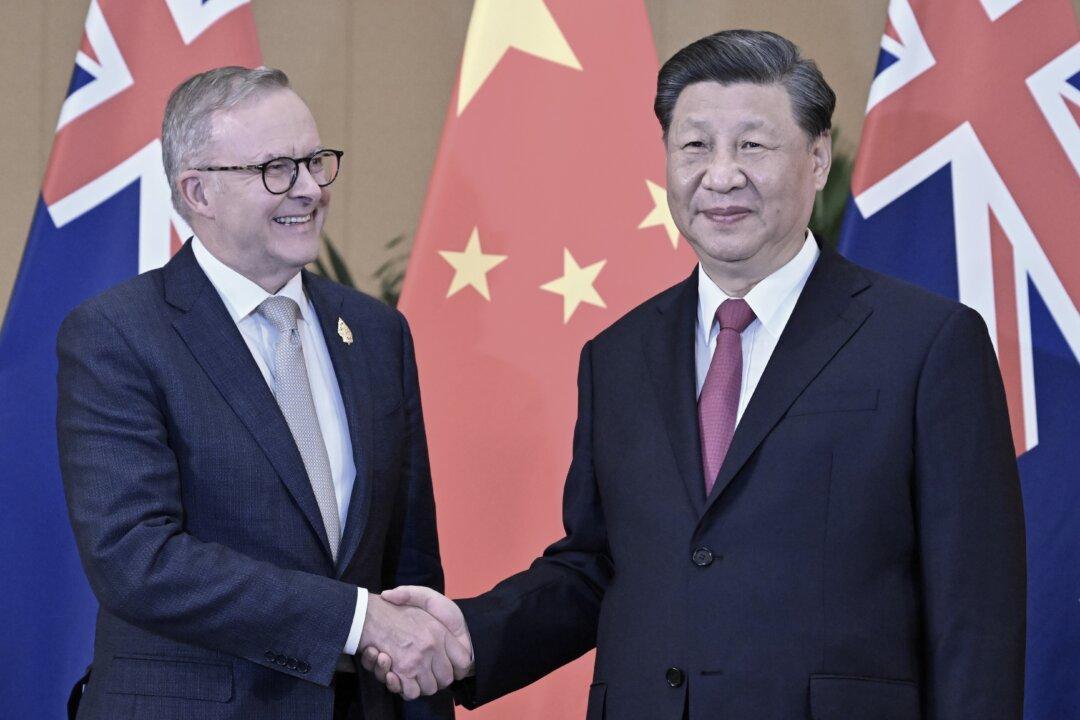It was no coincidence that as Meng Wanzhou, daughter of Huawei’s founder Ren Zhengfei, was released from home detention in her mansion in Canada, two Canadians—former diplomat Michael Kovrig and businessman Michael Spavor—were also released from prison in China.
Meng, Huawei’s chief financial officer, was being held on a U.S. extradition request relating to the Chinese telecommunications giant’s alleged attempts to undermine U.S. sanctions imposed by then-President Trump on Iran. In retaliation, the two Canadians were arrested on espionage charges by Beijing.
When Meng returned to the People’s Republic of China, she declared, “If it wasn’t for a strong motherland, I wouldn’t have my freedom today.”
What she should have said was, “If it were not for the fact Beijing was not concerned at all with international law or truth, I would have had to face justice in the United States.”
Spavor, already sentenced to 11 years in prison, was released with Kovrig and flown to Canada and freedom.
Their charges were in no way justified. On the contrary, they were arrested to put more pressure on Canada, which had been subjected to trade sanctions just as Australia was for proposing an independent investigation into the CCP virus, or as Beijing named it COVID-19 (why, incidentally did the West follow?).
Clearly, there have been deals involving Ottawa, Beijing, and Washington. This was no doubt achievable because of the Biden administration’s aim of returning the United States to the Obama-era deal with the Iranian regime—which could see those same sanctions that Meng had been detained for, removed or changed.
As Australia has learnt, Huawei is an entity very close to Beijing and under its control. One of the “14 grievances” Beijing outlined against the Australian government had been to let Huawei be involved in the nation’s 5G network.
Some powerful forces in Australia have favoured this.
Perhaps they were unaware that under the Chinese Communist Party (CCP) decree, executives of Chinese companies, even on foreign soil, must obey Beijing’s instructions.
It has long been evident that citizens and residents of Western countries going to China, and Hong Kong, face extreme danger, even if they are not involved in political activities.
They may be used as tools to extract concessions from their government. Already two Chinese-Australians are being held over alleged espionage offences, writer Yang Hengjun and broadcaster Cheng Lei.
And for anyone who criticises the activities of Beijing, whether for the persecution of Uyghurs or the trade-in organs from the bodies of religious dissidents, it could even be risky travelling to nations with strong ties to China. This is because the People’s Republic of China, including Hong Kong, has extradition treaties with over 50 countries around the world.
In a moment of extraordinary naïveté, the Australian government actually signed an extradition treaty with Beijing on Sept. 6, 2007.
Fortunately, the treaty was withdrawn, and the decision made not to ratify it on Mar. 28, 2017, after vigorous campaigning, saw the deal shelved.
Following unrest in Hong Kong, Australia also suspended its extradition treaty with Hong Kong on July 9, 2020.Nevertheless, travellers face a clear and present danger when visiting any country that has such ties to Beijing. In addition, citizens of a country that Beijing may want to pressure also run the risk of being taken as hostages.
The Huawei affair demonstrates yet again that the CCP presides over a country where the rule of law does not exist.
It would also be foolish indeed if democratic nations were to continue in the naïve belief that granting concessions upon concessions will lead to the reform of communism. The system is inherently and by its very nature incompatible with reform.
